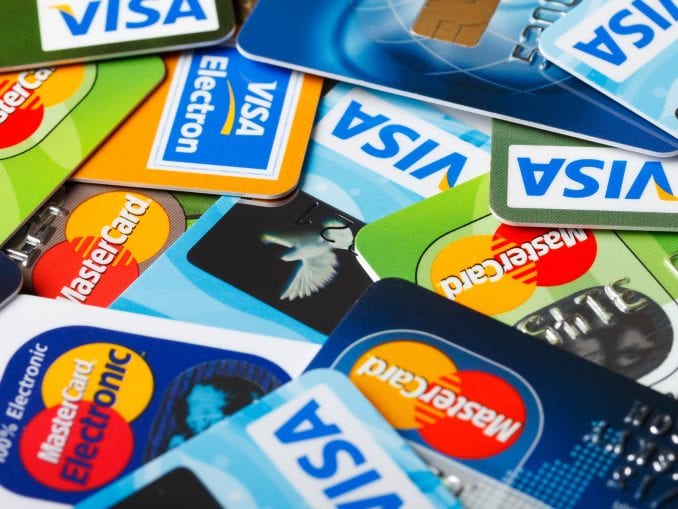In this fast-paced world that we live in today, you can never really tell what or how things will turn out for you. Oftentimes, numerous unexpected events happen. Furthermore, when such unfortunate events occur, numerous individuals find themselves in a dire predicament because they don’t have any fallback plans.
To counter this, some people have looked into the online money-making programs. Online money making programs are very powerful means to make money because you get to leverage the ability of the internet. Due to that, you are able to reach thousands or even millions of individuals effortlessly. A proven online money-making venture that a lot of people turn to either for full-time work or for part-time work is called as cash gifting. Cash gifting is a very simple money-making venture that when executed by the rules and correctly, can reap amazing rewards and benefits.
Numerous people continuously ask, what’s cash gifting and how does it work? In essence, cash gifting is simply receiving and giving gifts that are in the form of cash. Certainly, though, there is a lot more to it than its simple definition. The business of cash gifting is an undertaking that involves a lot of intricate components. Giving and receiving money is one of them, but it definitely is not entirely dependent on such little effort. Some other components that play an important role in the business of cash gifting are marketing and advertising, lead generation, and organizational tactics.
On top of that, because cash gifting is primarily based on leadership and teamwork, it will be more advantageous if you can practice these traits. Cash gifting programs are usually in the nature of membership programs. When people join, they’re entitled to give cash gifts to other members while they get to receive cash as well. The growth of an individual’s earnings will rely on the people he or she will recruit to the membership.
It’s very important to do your due diligence prior to going into any form of investment. The business of cash gifting is just as prone as any other business venture and should thus be explored with caution. Most of the time, because people think that it is an effortless way to make money, they try to deceive the newcomers by promising them amazing rewards and benefits. It is a good idea to search for a lot of cash gifting programs and see them firsthand before making decisions. This is a good way to get to know more about the business while protecting yourself from being a victim of a cash gifting scam.







